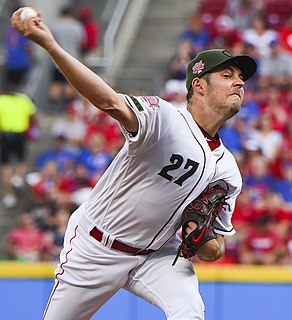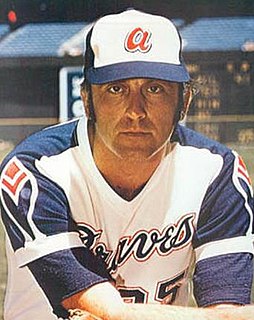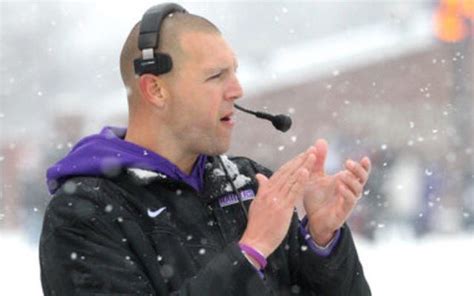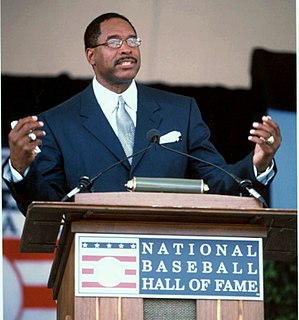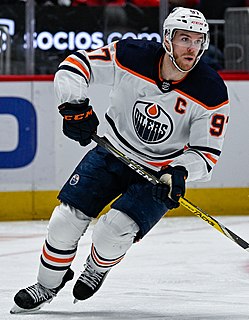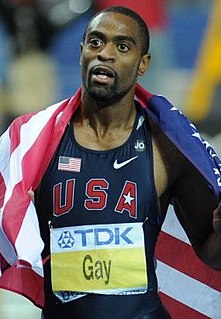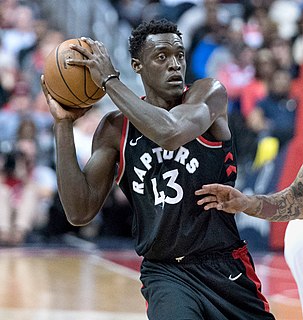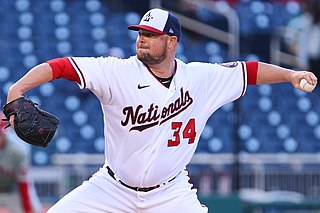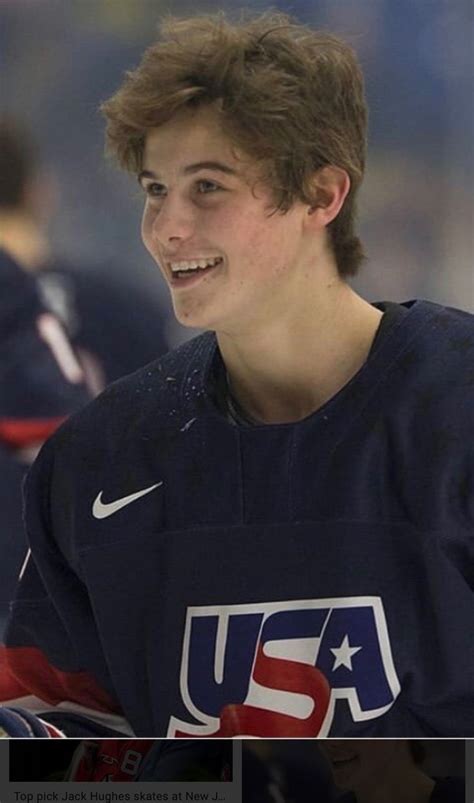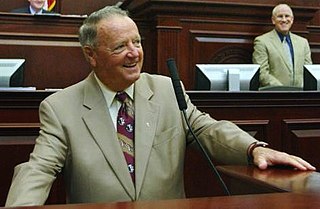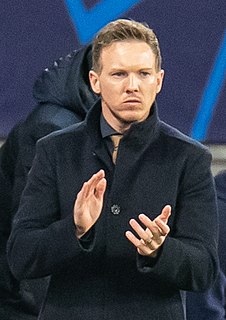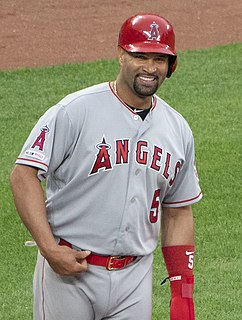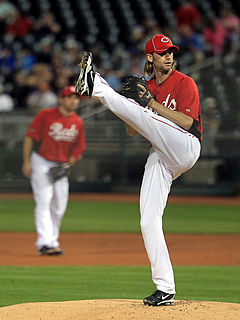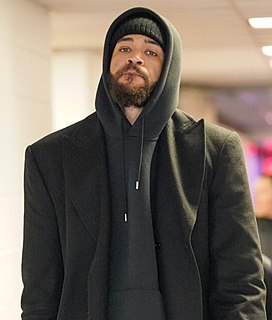A Quote by Trevor Bauer
I grew up going to Dodger Stadium and I would look out there on the field with my dad and say, 'Man, those guys are superstars.' And they were. But they almost had this extraterrestrial feel to them, like it wasn't achievable. It wasn't a tangible goal because I didn't know anything about the players.
Related Quotes
Anyone who grew up in the crack era - you know, I grew up in that era - knew that there were also people out - and there are still guys to this day that are out there, you know, obviously drug dealing - but those were the guys who had access and had money. And some of those guys felt responsible to create opportunity for other people and were also aware of the dangers of their work and often aren't really the ones that are encouraging kids to get into drug dealing.
The best thing that a coach can have is experience. The first time that you're going out to lead a team on the field, you have certainly thought about what you're going to say, but it gets easier as you go. You'll learn what works and what doesn't, not just about what you do on the field but what you say to players to get them motivated.
Scoring, that's my thing... Didier Drogba, Samuel Eto'o, those were the guys that we looked at as kids like, 'Man, they're doing it, and they're doing it at a high level.' We would see them on TV. So, it wasn't much about basketball, to be honest, it was just those type of athletes. Those guys were the guys that we looked at as kids.
I have three boys. And I wanted to make sure it connected with them and then those guys who grew up like me, in environments like me.And then I knew something about science that your New York Times reader would be interested in. So I was thinking about it in multiple ways: I'll connect with the people who grew up like me first, and then the New York Times reader will be interested in the science because it's so good and they want to be "in the know."
As good as we were, we didn’t win a National Championship until 1993, mainly because we kept losing to Miami on missed kicks. I used to get mad because nobody else would play Miami. Notre Dame would play them, then drop them. Florida dropped them. Penn State dropped them. We would play Miami and lose by one point on a missed field goal, and it would knock us out of the National Championship. I didn’t want to play them, either, but I had to play them. That’s why I said, 'When I die, They’ll say, ‘At least he played Miami.'
If they don't know the Lord, I encourage them to search for and open their hearts and their eyes. If something happens to me tomorrow, I'm going to go to heaven and that's for sure because God's promised to us in the Bible. I want to make sure that those people out there feel the same. At the end of the day as long as I glorify him and those 45,000 people know who I represent out there every time I step out on the field, that's what it's about. It's about representing God.
I always say Manny [Ramirez] is a strange guy. Outwardly, he's happy-go-lucky. On the inside, he's got a lot of conspiracy theories going on. I would say Manny might be one of these guys when he's 50 years old, he might be in his house with all the blinds shut kind of looking out like the CIA's out there. You don't know, man. I mean, you don't know what's going on in the interior with him. So you don't worry about it.
